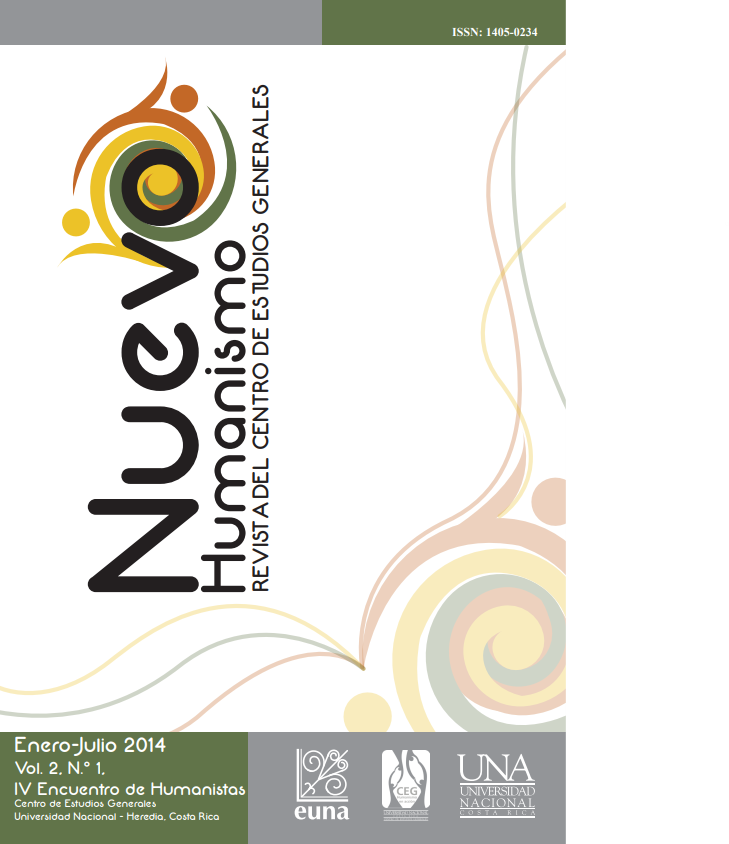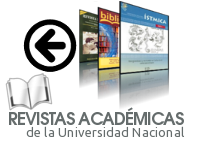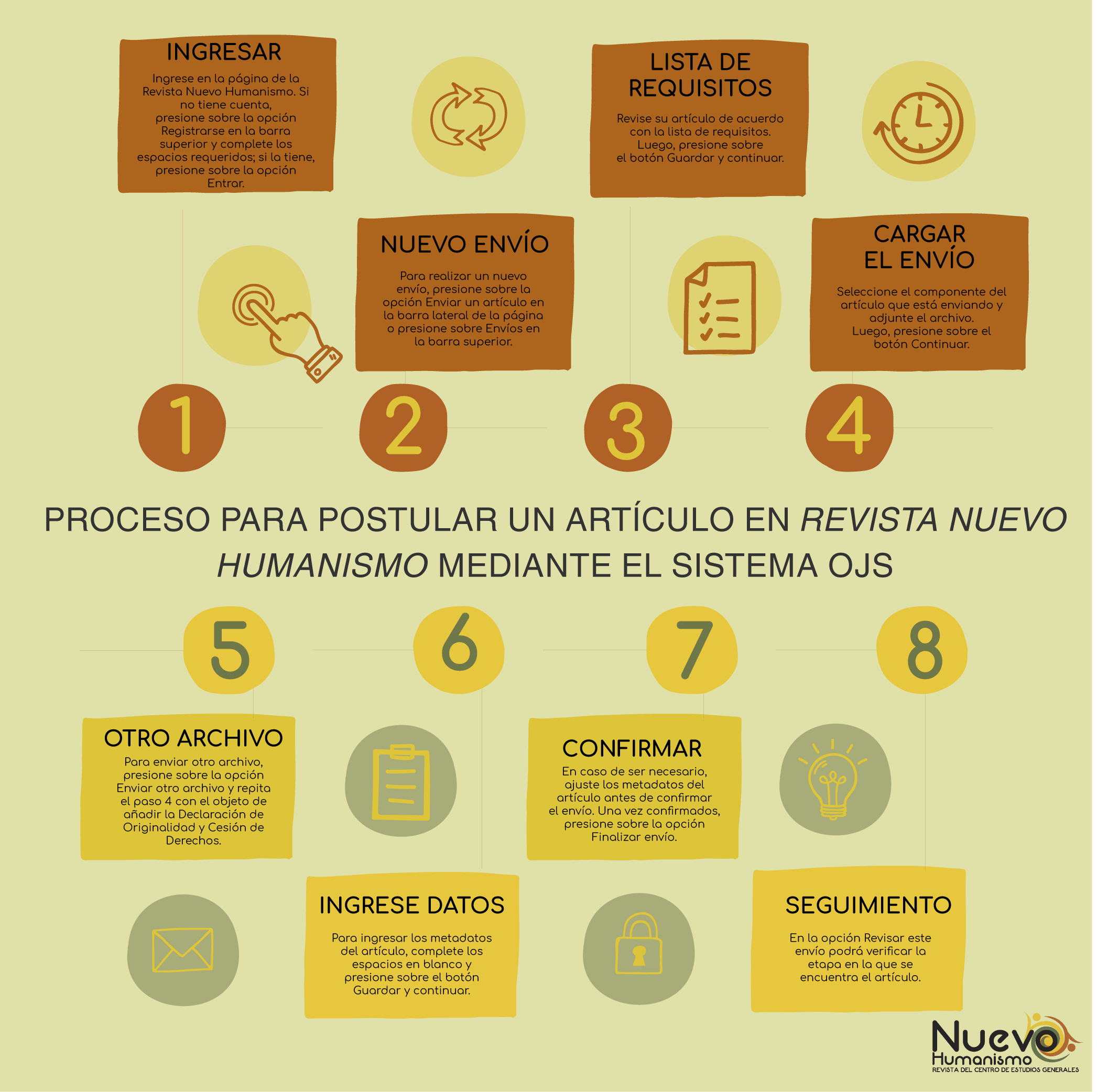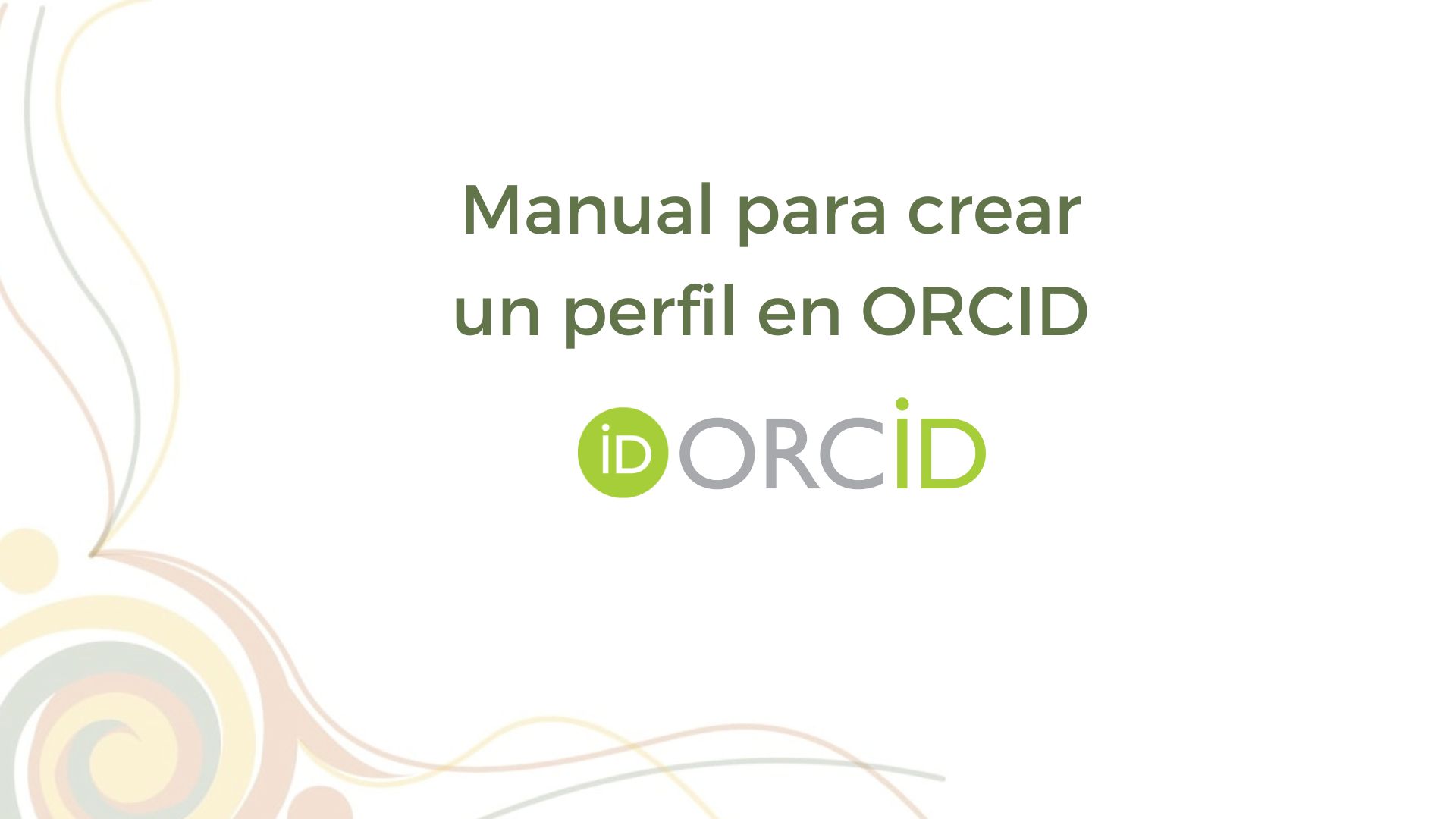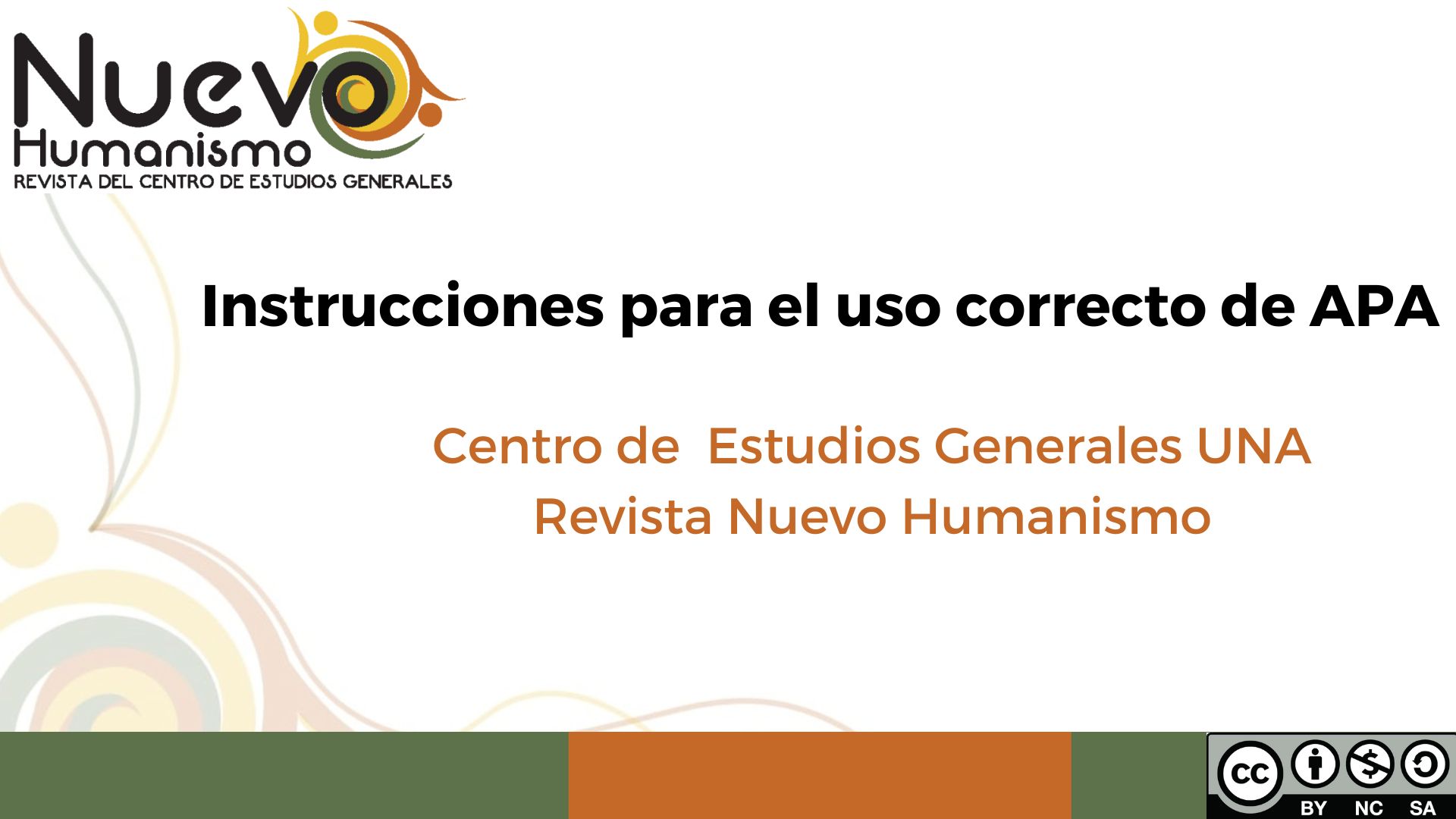The qualitative evaluation in the teaching - learning process – learning as a fundamental principle of more humanistic education
DOI:
https://doi.org/10.15359/rnh.2-1.3Keywords:
Humanism, all-round education, qualitative evaluation, learning activities, rubrics.Abstract
The human being is immersed in increasingly less humanistic settings. The excessive interest in the technicality, consumerism, and power force universities to provide the opposite to this dynamic. To reach this goal, it is proposed to promote a real comprehensive assessment through learning activities that enhance the students’ skills from group interaction, assessing not only cognitive skills but also the socio-affective aspects such as attitude, motivation, cooperation, and participation. Human complexity requires an assessment that covers its many features. Through qualitative evaluation, we will contribute to making our students become responsible citizens, consistent with their own identity, sensitive to their reality, one that will include the use of self- and peerevaluation tools as feedback guides and strengthening of the educational process of each student.References
Alfaro, G. (1996). Evaluación cualitativa: técnicas y estrategias. San José, Costa Rica: EUNA, Universidad Nacional.
Aronson, E. (2000). The jigsaw classroom. Recuperado de http://www.jigsaw.org/
Bordas, M. y Cabrera F. (2001). Estrategias de evaluación de los aprendizajes centrados en el proceso. Revista Española de Pedagogía, pp.25 a 48. Recuperado de http://www.unavirtual.una.ac.cr:8081/servlet/SBReadResourceServlet?rid=1JT- 83LQ7Q-2T823Q-5CC
Centro Virtual Cervantes. (2013). Diccionario de términos claves. Actividad comunicativa. Recuperado de http://cvc.cervantes.es/ensenanza/biblioteca_ele/diccio_ele/ diccionario/activcomunicativa.htm
Coombe, Ch. (2007). Guía práctica para evaluar estudiantes de Lenguas. Michigan: The University of Michigan Press.
Restrepo, L. (1994). El Derecho a la Ternura. Bogota, Colombia: Arango Editores Ltda.
Rogers, C. (2001). El Proceso de Convertirse en Persona. [En línea].Ed. Paidós iberica. Libros Magnet. Recuperado de http://www.librosmagnet.com/descargar/ ebook/el-proceso-de-convertirse-en-persona
Rojas, G. (1997). Módulo Fundamentos del Desarrollo de la Tecnología Educativa. Recuperado de http://comenio.files.wordpress.com/2007/08/paradigma_humanista. pdf
Stout (2012). Rubrics for teachers. Recuperado de http://www.uwstout.edu/soe/profdev/ rubrics.cfm

